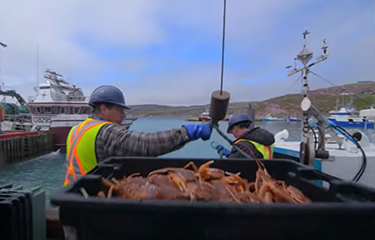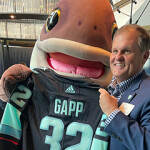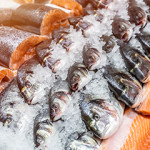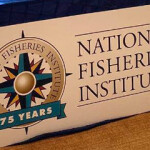Newfoundland snow crab fishing impasse ends after agreement on CAD 2.20 rate

A breakthrough in negotiations between harvesters and processors allowed fishing to begin in the snow crab fishery in Newfoundland, Canada, on Friday, 19 May.
Six weeks of negotiations that followed the decision by the province’s price-setting panel to set the per-pound price at CAD 2.20 (USD 1.63, EUR 1.51) did not net a higher rate for the Fish, Food, and Allied Workers, which said the price was too low for harvesters to make a profit. But with some of its members setting out to fish this week, despite FFAW’s effort to encourage fishers to remain in port, the FFAW Snow Crab Bargaining Committee was under pressure to make a deal, according to FFAW-Unifor President Greg Pretty.
“Nobody on the committee is happy to be signing this deal today. This committee put hundreds of volunteer hours into trying to find a better outcome for harvesters, and having this industry at a standstill for over six weeks was incredibly challenging on many fronts,” Pretty said in a press release. “Harvesters hoped the market situation would improve over the last several weeks. Those hopes did not materialize, and without a doubt the Committee was backed into a corner.”
The deal between ASP and FFAW guarantees a minimum price of CAD 2.20 and includes incremental increases as market rates go up. The price paid to fishermen will rise to CAD 2.25 (USD 1.67, EUR 1.54) if the Urner Barry price for snow crab reaches CAD 4.85 (USD 3.59, EUR 3.32); CAD 2.30 (USD 1.70, EUR 1.57) if the price reaches CAD 4.95 (USD , EUR ); CAD 2.60 (USD 1.92, EUR 1.78) if the price hits CAD 5.50 (USD 4.07, EUR 3.76); and CAD 2.75 (USD 2.03, EUR 1.88) if the price surpasses CAD 6.00 (USD 4.44, EUR 4.10). If the price goes past CAD 6.01 (USD 4.45, EUR 4.11), the ASP has agreed to a full reconsideration of the fishery’s price structure.
“The agreement was made on the stipulation that [Newfoundland and Labrador] Premier Andrew Furey publicly commit to revamping the final offer selection (panel) process and work towards a formula prior to the 2024 season,” Pretty said.
Furthermore, FFAW-Unifor said it will continue to lobby for changes to employment insurance qualifications this year.
“Our members are facing a significant reduction in earnings this year, and they must receive commitment that financial help will be there to help them make it to next season,” Pretty said. “Our union has been in constant communication with all levels involved in this assistance and are working on a comprehensive benefit proposal that will ensure members are supported through these exceptional circumstances.”
ASP had not issued a public comment on the agreement as of the afternoon of Friday, 19 May. Previously, it expressed disappointment in FFAW for not adhering to the independent price-setting panel’s decision, and placed full blame for the shutdown on the union. On 17 May, it criticized FFAW’s “lack of leadership, as well as its bullying and intimidation tactics towards ASP members as well as its own membership.”
But the FFAW eventually backed down from its demand for a higher price after facing protests from some of its members on 18 May, according to the CBC.
“To say it was a stressful, difficult process is a complete understatement and our bargaining committee needs to commended for the blood, sweat and tears that went into the negotiations process this year,” Pretty said. “I hope our members understand that they are working in a system that is designed to work against them, with an immense sense of responsibility and pressure – not only for the fleet they represent, but for all those whose livelihoods depend on this fishery. The Committee has the support of their fleets behind them, and our next focus needs to be on improving the process so that we’re not facing this scenario every spring going forward.”
Pretty said that signs point to change being on the horizon for the price setting process.
"This historic shutdown of the snow crab fishery has not gone unnoticed by provincial or federal decision makers," Pretty said. "A chain reaction has been started as a result of the solidarity that has been shown over these several weeks, and we are encouraged by the Premier’s commitment to review this entire process.”
Photo courtesy of government of Canada






Share